Fuel supplies disrupted in France as strikes in refineries continue
French refinery workers have continued their strikes as a petrol crisis drags on across the country, with authorities threatening to resort to force to end the strikes.
Long lines of cars could be seen across France on Friday as drivers were waiting sometimes for hours to fill up their cars. Many gas stations have been forced to temporarily close as one-third of France’s gas stations are experiencing temporary shortages, with the Paris area and northern France being the most affected after French labor unions called for strikes and protests over wages and working conditions.
“From the beginning, the government has downplayed the strike’s impact and underestimated the discontent and this is where we end up,” the powerful General Confederation of Labor (CGT) union head Philippe Martinez said on Friday.
The strikers demand what they feel should be their share of windfall profits generated by high oil and gas prices amid the global energy crisis and cost of living crisis triggered by the conflict in Ukraine.
However, French officials threatened to use force if the country’s energy sector workers did not immediately end their strike, having previously threatened to use emergency powers to order essential workers back to the job on pain of fines or jail time.
The government announced on Wednesday it was putting the emergency measures in force.
French Minister for Energy Transition, Agnes Pannier-Runacher, said on Friday that she hoped the government-ordered requisition aimed at “ensuring that the French get out of that nightmare, that unbearable situation,” would get the petrol situation back to normal “as quickly as possible.”
Meanwhile, strikes reportedly stopped at ExxonMobil’s Esso wing in France on Friday after the CFDT and CFE-CGC unions reached a salary hike deal earlier this week. The CFDT and CFE-CGC unions, which together represent a majority of the group’s French workers, agreed to a 7 percent pay rise and a financial bonus.
However, the CGT union, which has been at the core of the weeks-long strikes at oil major TotalEnergies, slammed the door to talks on Friday and refused to end the walkout, holding out for a 10 percent raise.
France’s biggest labor union, the moderate CFDT, has not taken part in the strikes.
In the meantime, French officials sounded the alarm, warning that the conflict in Ukraine must not catapult the United States into a position to dominate the global energy market while the EU nations are paying the price for the ongoing conflict with Russia.
Speaking to lawmakers earlier this week at the National Assembly, French Finance Minister Bruno Le Maire said it was unacceptable that Washington “sells its liquefied natural gas at four times the price that it sets for its own industrialists.”
“The conflict in Ukraine must not end in American economic domination and a weakening of the EU.”
“We must reach a more balanced economic relationship on the energy issue between our American partners and the European continent,” Le Maire insisted.
Also, French President Emanuel Macron raised a warning about Europe’s declining ability to cope with decreasing gas supplies in the not-too-distant future.
Macron, who was speaking at the EU summit in the Czech capital, said throughout the 2023-2024 winter, the continent is going to have an even worse time dealing with limited gas supplies than it has for the coming winter.
The French leader said last week that Europe was going to hold crunch talks with gas suppliers and turn to big Asian “partner countries” to purchase gas.
In this regard, France has held talks with Saudi Arabia and the United Arab Emirates on diversifying Europe’s energy supplies in order to reduce the continent’s dependence on Russia for energy.
In late March, French Foreign Minister Jean-Yves Le Drian in a phone conversation with his Saudi and UAE counterparts Faisal bin Farhan Al Saud and Abdullah bin Zayed al-Nahyan stressed the importance of coordination with the two Persian Gulf energy-exporting Arab states with a view to diversifying the oil and gas supplies of European states.
Scores killed as Takfiri terrorists target Shia Muslims in Pakistan
Pezeshkian to US, Europeans: You are killing women, children
VIDEO | COP29: another climate failure?
ICC issues arrest warrants for Netanyahu, Gallant for war crimes
Israeli strikes kill 88 Palestinians in northern Gaza
American voters plainly rejected complicity in Gaza genocide: Iran FM spox
ICC should issue more arrest warrants for Israeli authorities over Gaza genocide: UN expert
Israel using AI weapons co-produced by India in Gaza genocide: Report


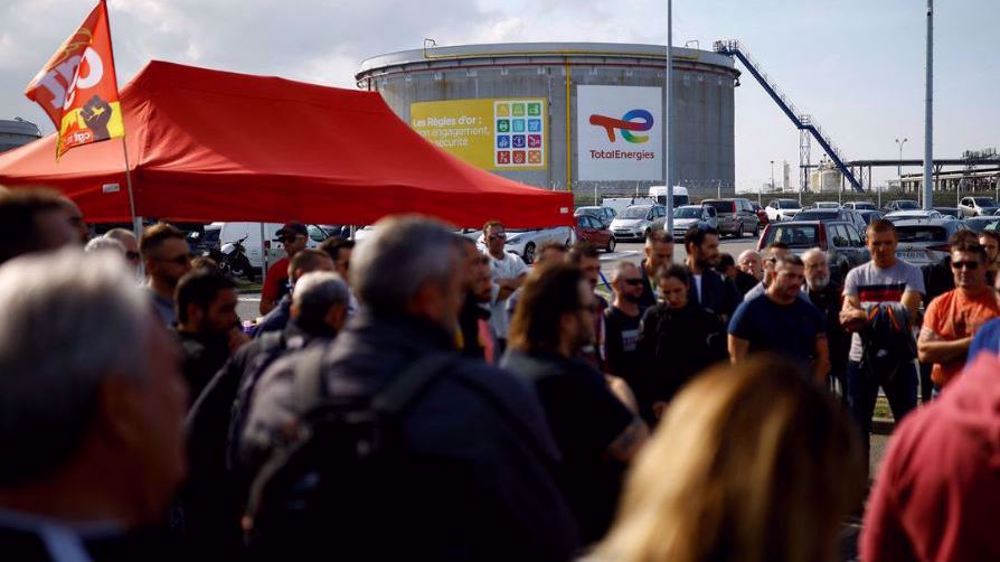
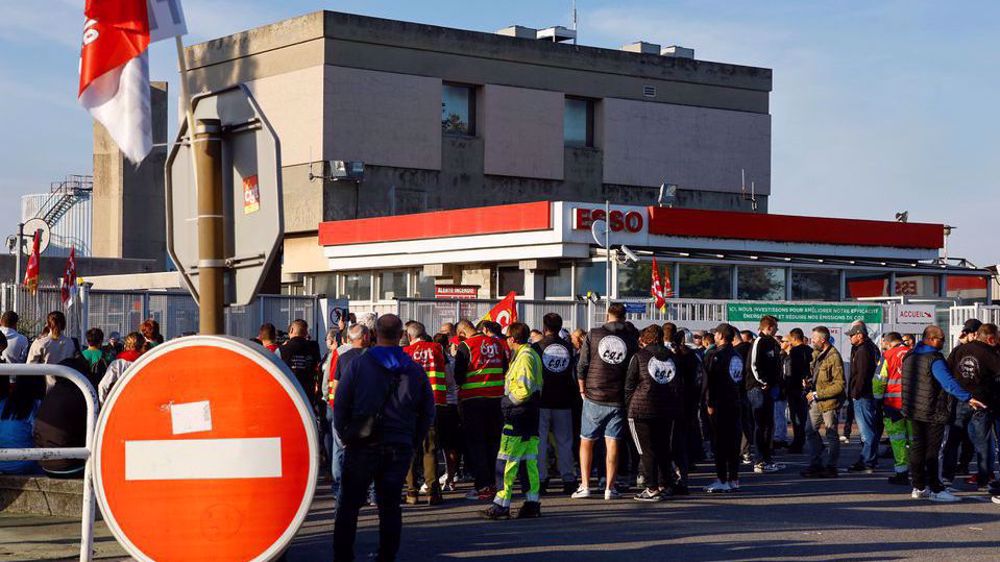
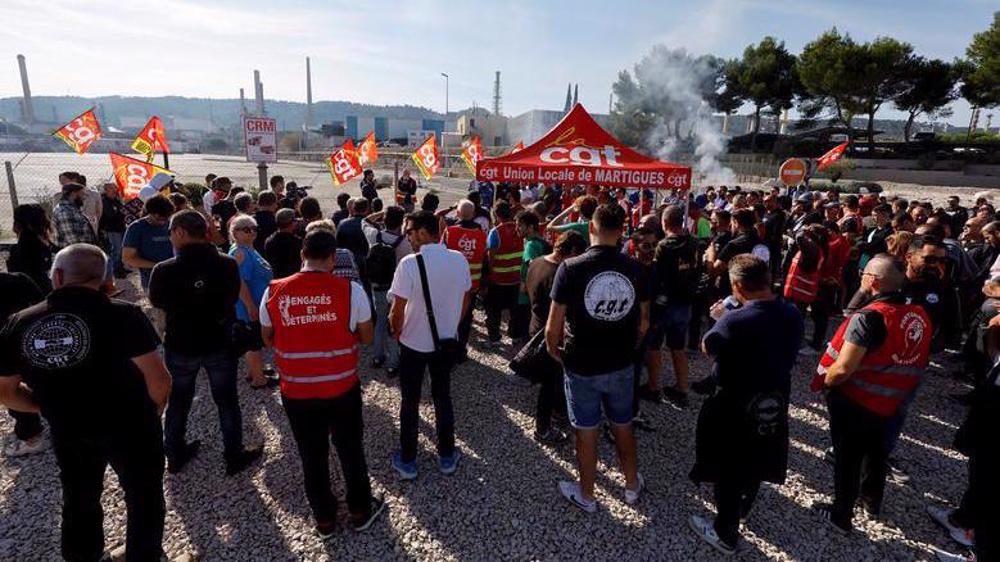
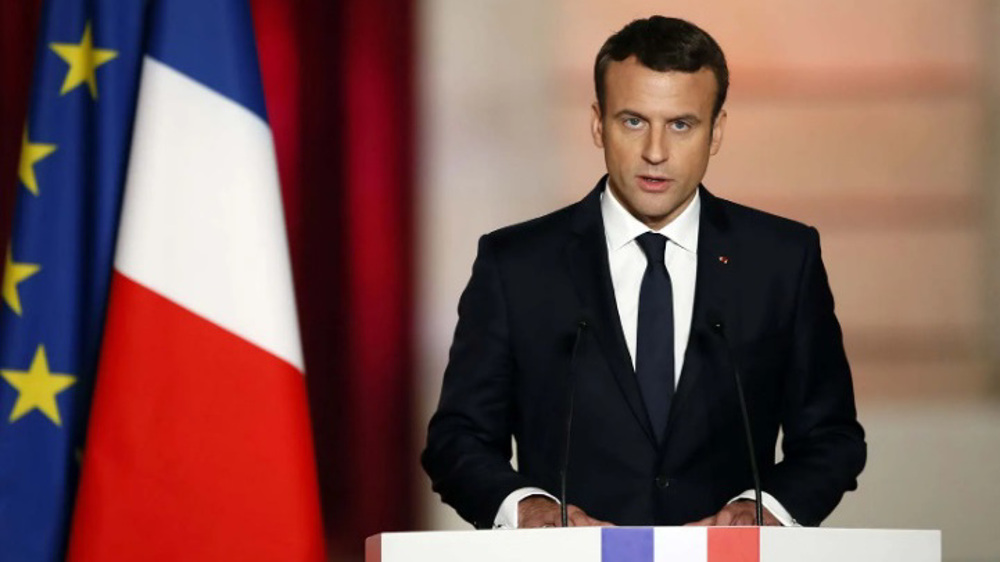
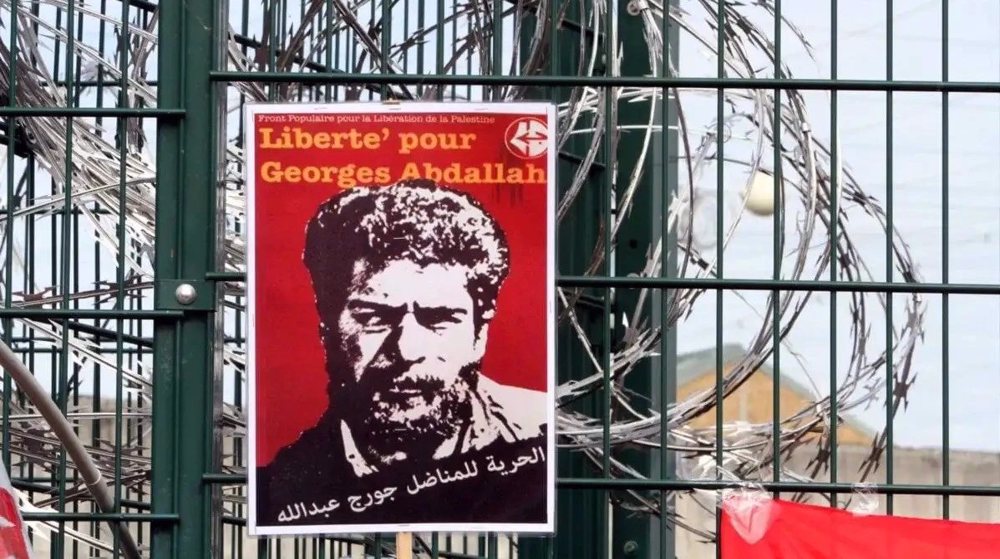

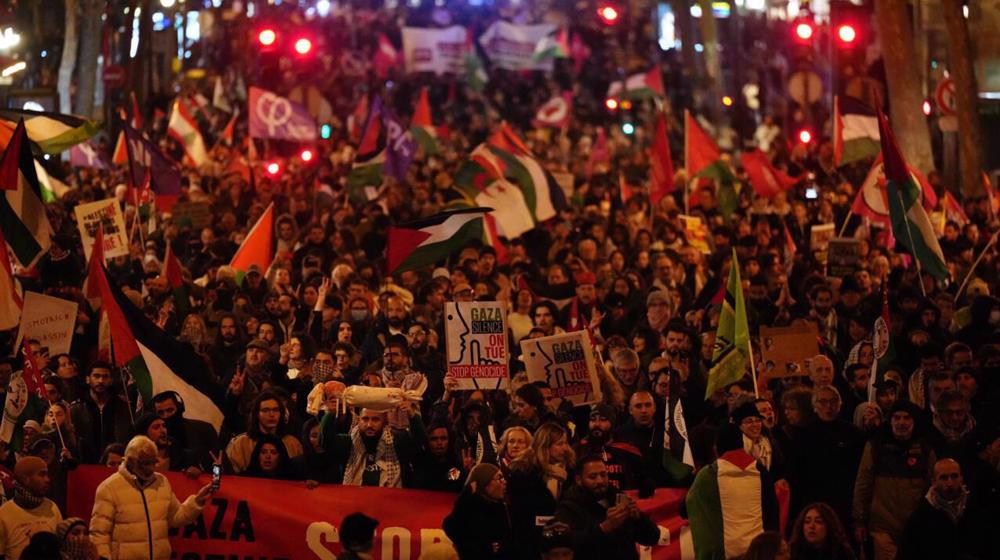



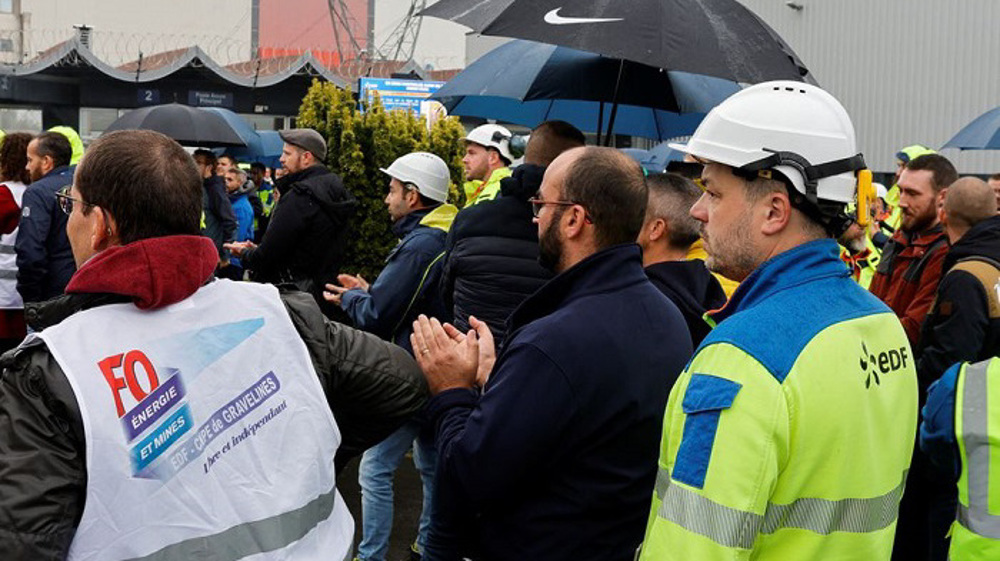
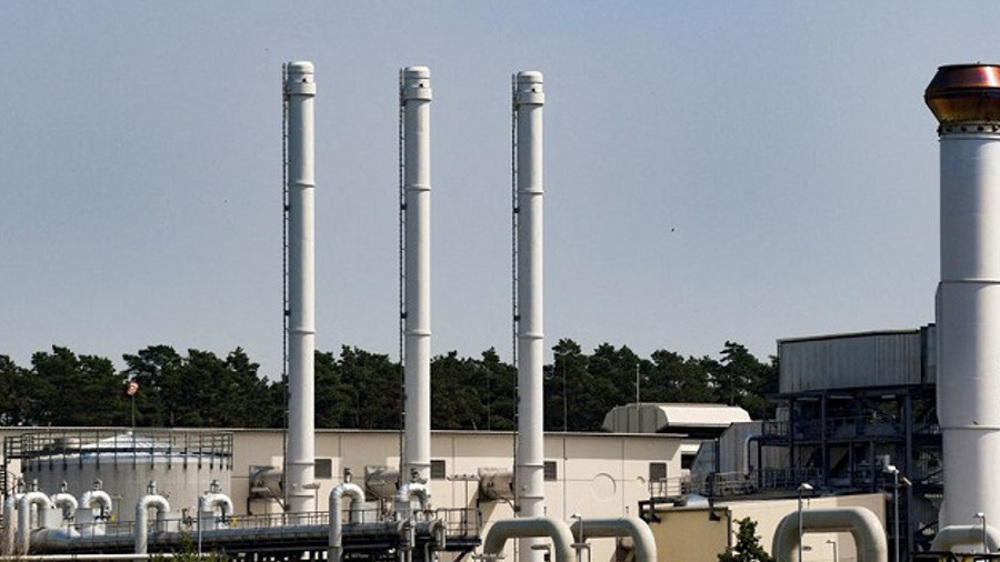
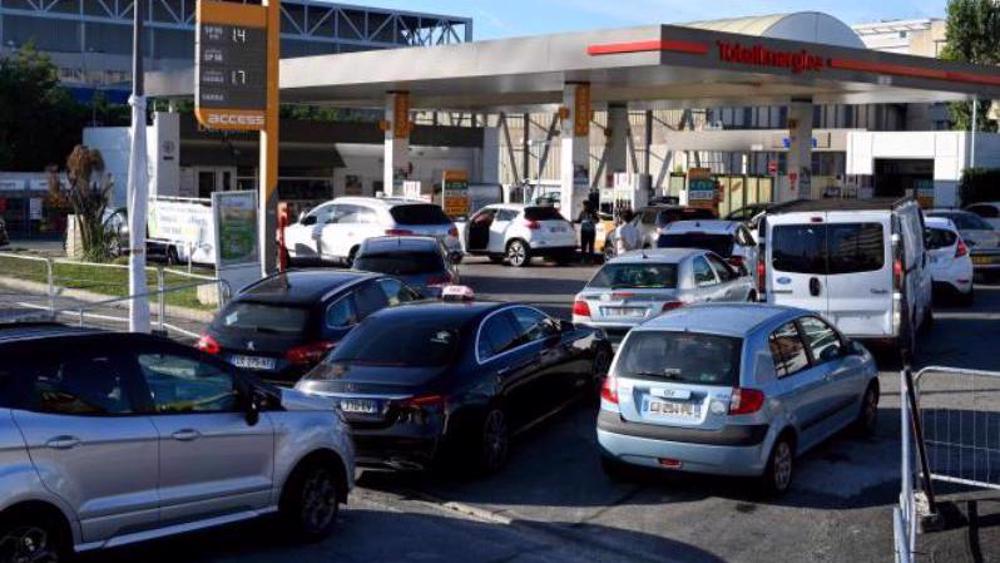
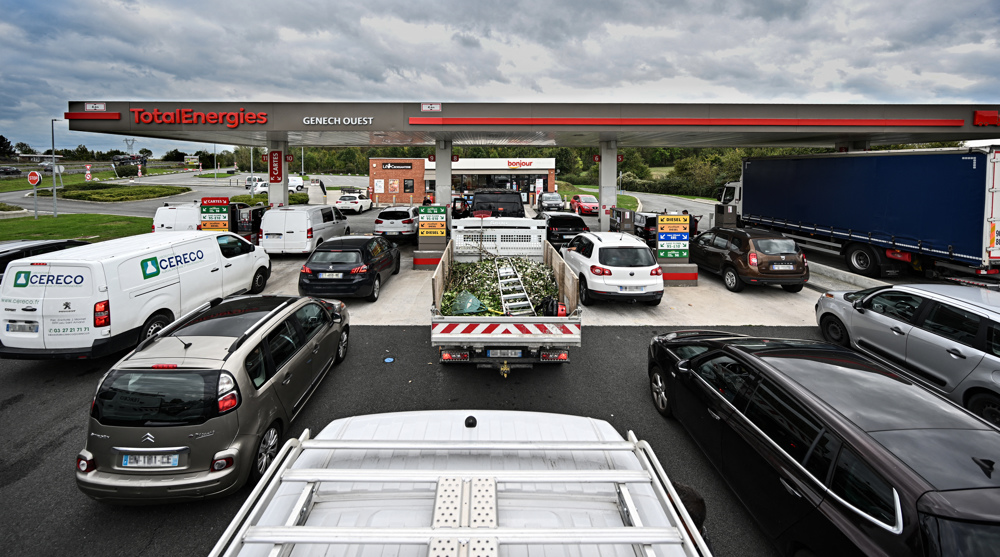
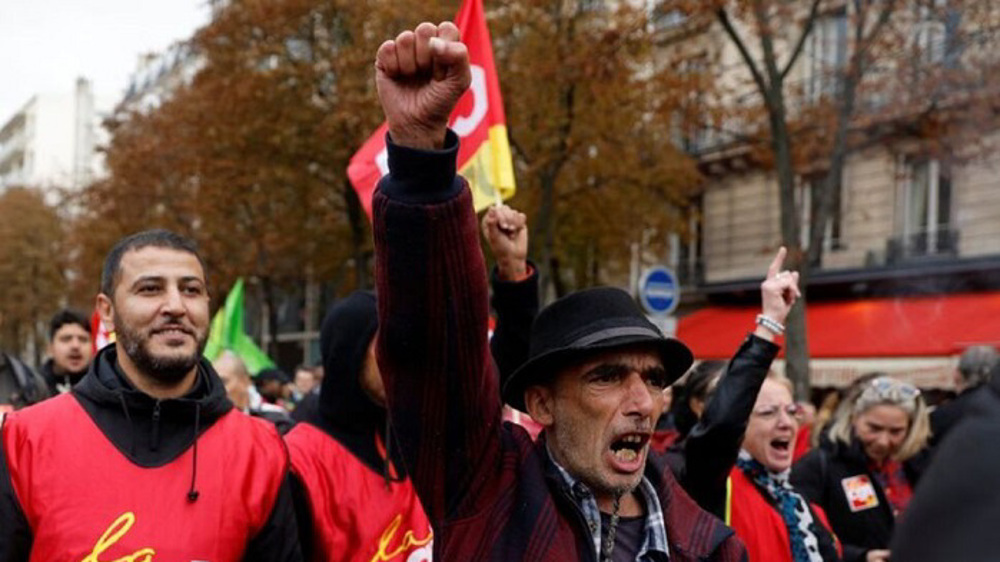

 This makes it easy to access the Press TV website
This makes it easy to access the Press TV website